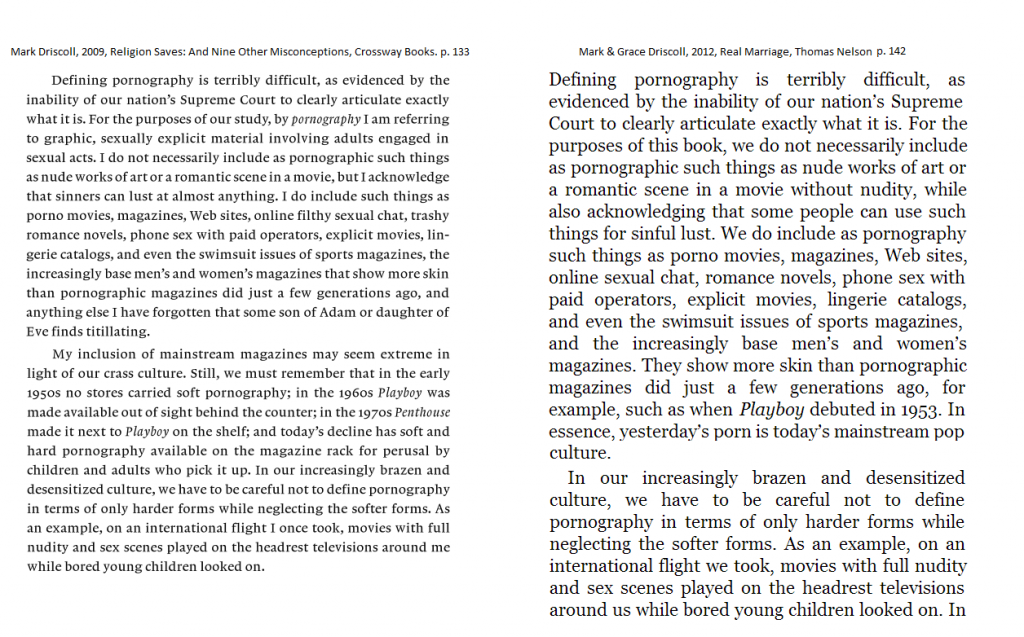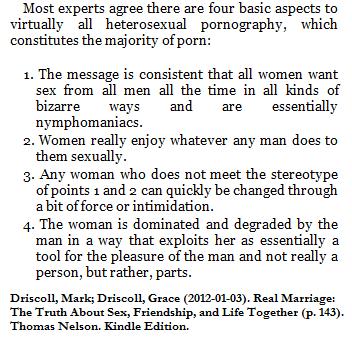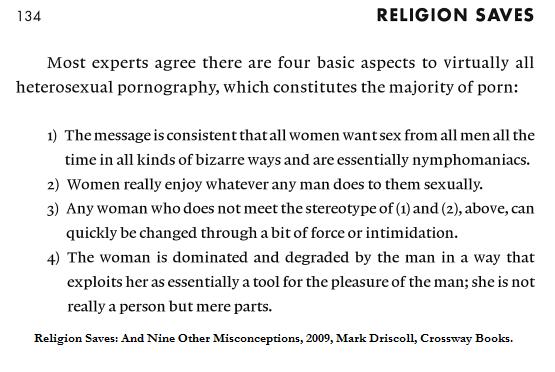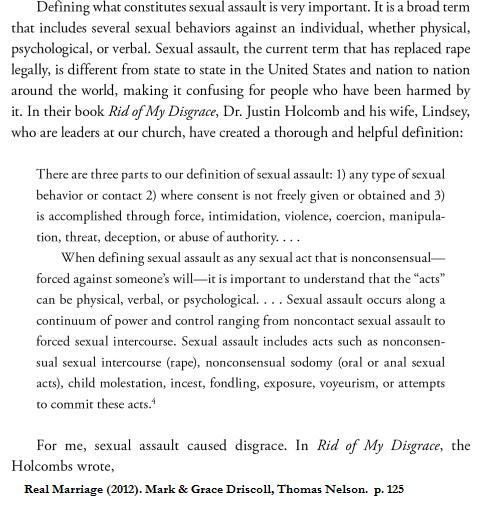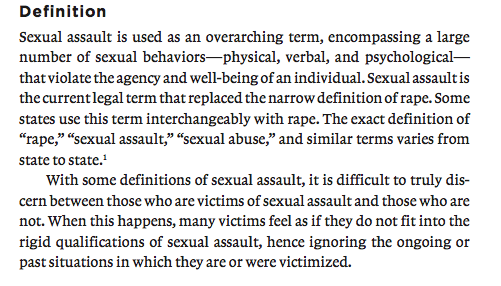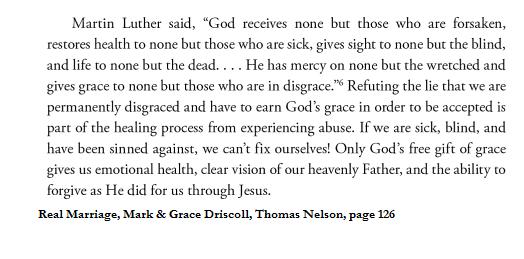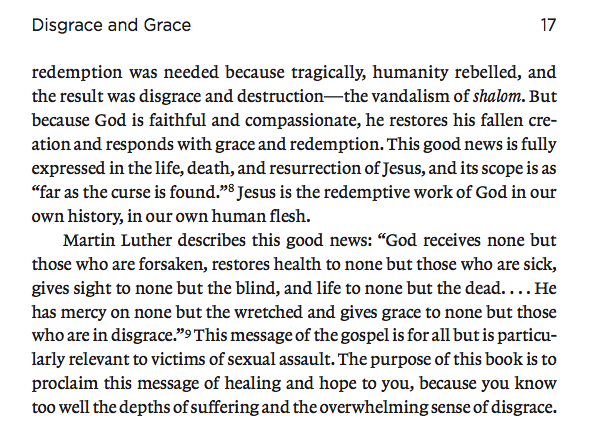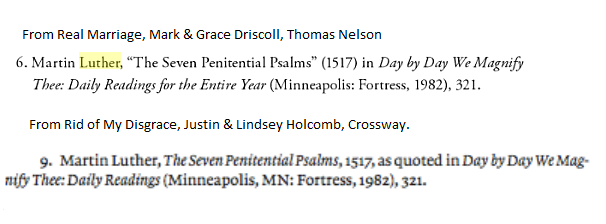Monday, the UK Guardian reported that the Association of Christian Counsellors* prohibited reparative therapy for their members. The statement backing up this action sounds very much like the sexual identity therapy framework. Here is the AAC statement in full:
An ACC statement to its members January 2014
In December 2012, ACC made a statement to its members supporting and clarifying our ethical framework. The Board has continued to discuss and reflect on the area specifically relating to work with clients who present with same sex attraction issues and is now updating our guidance to counsellors, supervisors and members.
For the purpose of clarity below is the first part of the original statement mentioned above:
“All counsellors are required with due diligence to provide safe practice on behalf of their clients. This requires the counsellor to practice fully within the Ethics and Practice framework they are using with each client. The client is to be aware of the Framework being used as essential information during contracting and guidance given as to which complaints procedure is in
operation.
The particular ethical considerations taken from the ACC Ethics and Practice are:
(From’ Ethics for Members of the Association of Christian Counsellors’ section)
5.1 “Members should be trustworthy…maintain confidentiality…”
5.2 “Members should respect their clients’ right to take decisions for and to act for themselves.”
5.3 “Members should be committed to securing the client’s best interests.”.
5.5. “Members should avoid any action which might cause harm to a client. One of the most important aspects in counselling is client autonomy.”
In addition ACC has now reflected on the following (from ‘ACC Good Practice in Christian Counselling and related fields’ section 5) and its application including how it relates to the Equality Act 2010:
Good Practice in Christian Counselling and related fields states 5.1.1.12. Members should not allow any personal views they may hold about lifestyle, gender, age, disability, race, sexual orientation, beliefs or culture to prejudice their professional relationships with clients. The Equality Act 2010 requires that discrimination does not occur on the following protected grounds: age, disability, gender, gender reassignment, pregnancy and maternity, race, religion and belief and sexual orientation.
As counsellors working in the UK, ACC members are expected to adhere to both ACC Code of Ethics and Good Practice and to UK Law, which means adhering to both of the statements made above. It is clear that in some instances the ‘protected grounds’’, as defined by the Equality Act 2010, of one individual may appear to be contrary to that of another (or indeed may be in conflict within an individual) i.e. the religious beliefs of a counsellor and the sexual orientation of a counsellee. In such instances ACC would expect our members to act without discrimination towards all and uphold the rights of the protected characteristics enshrined in the Equality Act 2010. In addition the essential characteristics of a therapeutic relationship are genuineness, congruence, unconditional positive regard, empathy and understanding (being non-judgmental, warm and empathic) thus providing a safe environment for the client to explore their feelings and concerns. It is clear that in protecting client autonomy it is important for counsellors not to impose themselves or their beliefs on anyone who comes for therapy, either by implying that a particular outcome is possible or expecting the client to come into alignment with their own belief system or understanding on certain approaches to life. Such actions would be unethical and so ACC would expect any member to consider the therapeutic model that they are using to be in-line with these principles and characteristics. ACC has therefore expanded on the original statement that reflects more clearly its view on therapy in relation to same sex attraction.
There are certain guiding principles arising from ACC Ethics and Practice framework. These guiding principles apply when deciding what is appropriate in practice or for any therapeutic model. Namely that …
a) Counsellors / therapists do not make assumptions that the client is looking for a particular outcome
b) Do not allow counsellors/ therapists to suggest, impose, advertise that therapy would achieve a particular outcome / change etc.
c) Counsellors / therapists do not make the achievement of a particular outcome (determined by the counsellor/therapist), be the measure by which success / failure of the therapy is determined
d) Counsellors / therapists do not impose a particular moral standpoint or belief system on the client.
We have considered Reparative (or Conversion) Therapy by these principles and have decided that it does not fit the above criteria for the following reasons:
(i) Its language implies that sexuality can be ‘repaired’ and so introduces the idea of treatment or cure.
(ii) Where it is proposed, advertised, or practiced as a therapy, it suggests that a specific outcome is possible and appears to make an a-priori assumption that it should happen. This would not fit any of the above guiding principles.
(iii) It is incompatible with the Equality Act 2010.
For this reason, we do not endorse Reparative or Conversion Therapy or any model that implies a predetermined direction of outcome of counselling at the outset. We recognize that such models have the potential to impose situational demands on the client at a time of vulnerability with the potential to create harm and therefore view them as incompatible within the ethos of counselling.
Members who are considering using this model of therapy should neither commence nor continue to use it and any advertising or promotional material should be replaced immediately, or at least removed from current use. This includes the ACC “Find a counsellor” facility on our website.
We recognize that this is not the view of some of our members but in the interests of public safety we have decided to make clear what is expected by those who choose to be part of ACC.
*No relationship with American Association of Christian Counselors
